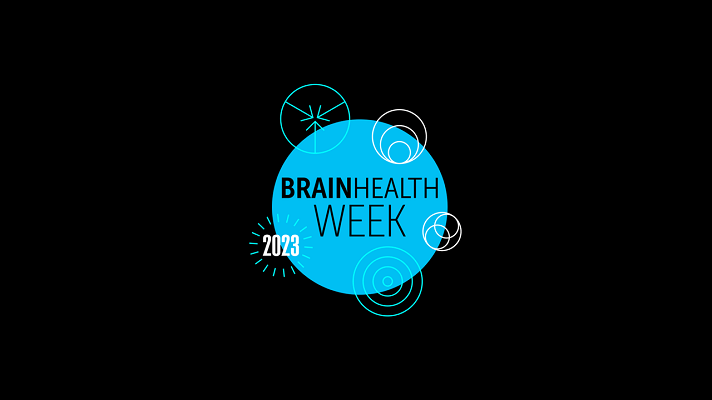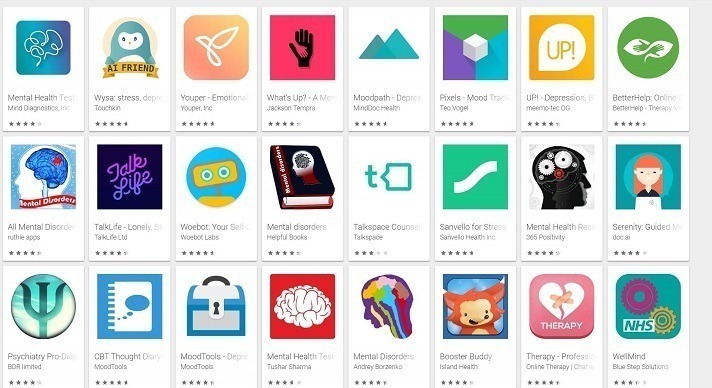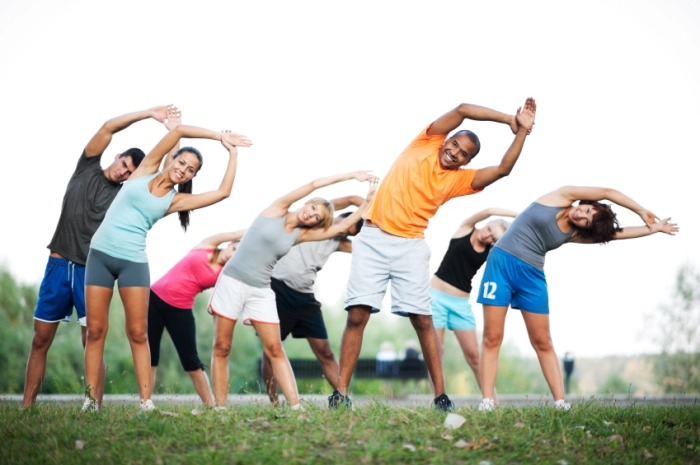Posts Tagged ‘cerebral’
BrainHealth Week starts today! Plus: dancing, personalized mental health, brain stimulation and more
Welcome to a new edition of SharpBrains e‑newsletter, annoucing the kick-off of BrainHealth Week and featuring some stimulating resources and teasers. #1. BrainHealth Week (February 20–24th) starts today: Explore many fun events including a daily text challenge, a talk with the always great Dr. Tom Insel, and more! #2. Without Brain Health, you do not have…
Read MoreHow much should you trust BetterHelp, Talkspace, Cerebral and other mental health start-ups touted by celebrities?
When Pat Paulson’s son told her he was feeling anxious and depressed at college, Paulson went through her Blue Cross Blue Shield provider directory and started calling mental health therapists. No providers in the Wisconsin city where her son’s university is located had openings. So she bought a monthly subscription to BetterHelp, a Mountain View,…
Read MoreFunding for digital health start-ups, especially in mental health, fall substantially in Q1’22
Global digital health funding falls 36% with fewer megarounds, IPOs (Fierce Healthcare): After two years of record-breaking investment in digital health, capital flow into the sector took a dive in the first quarter of 2022. The global digital health market saw funding decrease 36% from the fourth quarter of 2021, totaling $10.4 billion, as investors reacted…
Read MoreThe explosion of mental health apps raises substantial opportunities–and also difficult questions
In the eyes of the tech industry, mental health treatment is an area ripe for disruption. In any given year, 1 in 5 adults in the U.S. experience a form of mental illness, according to federal estimates. And research indicates only about half of them receive treatment in a system that is understaffed and ill…
Read MoreStudy: Physical exercise can enhance neuroplasticity in adult brains, accelerating neural repair
Physical activity may leave the brain more open to change (EurekAlert) “Learning, memory, and brain repair depend on the ability of our neurons to change with experience. Now, researchers reporting in the Cell Press journal Current Biology on December 7 have evidence from a small study in people that exercise may enhance this essential plasticity…
Read MoreUpdate: Mind. Learn. Eat. Shape. Play
You may find that too much media coverage on how to take good care of our brains is confusing, if not potentially misleading. In The True Story — is mental exercise good, bad, or irrelevant, Dr. Pascale Michelon dissects for you a recent large study which was largely reported as bad news when in fact it brings…
Read More




